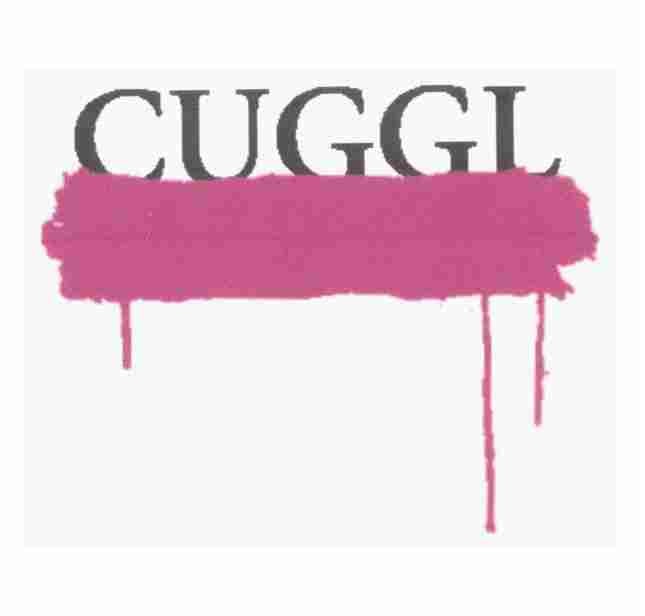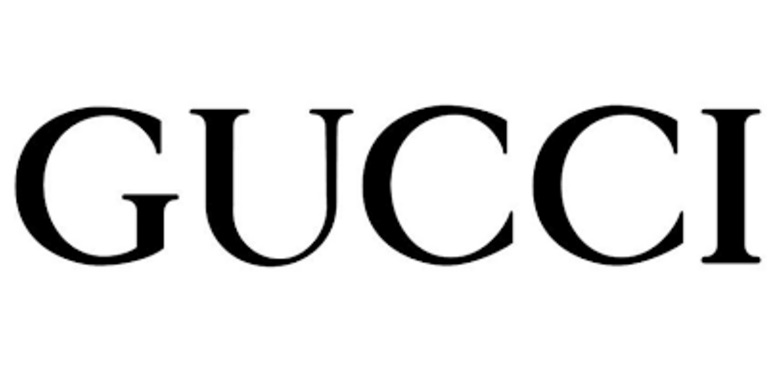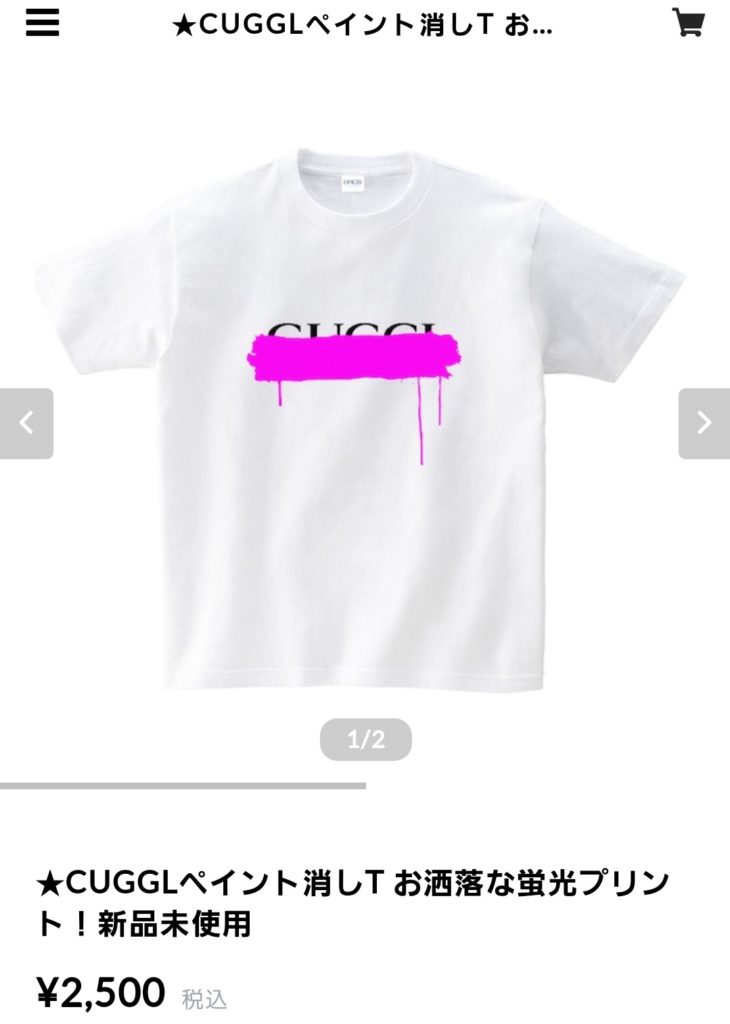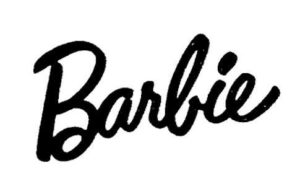The Japan Patent Office (JPO) declared invalidation of TM Reg no. 6267785 for “BOND GIRL” with a “BG” device mark in contravention of Article 4(1)(vii) of the Trademark Law.
[Invalidation case no. 2022-890013, decided on November 18, 2022]Disputed mark
A disputed mark, consisting of the stylized word “BOND GIRL” and “BG” logo (see below), was filed with JPO for use on scissors, swords, hand tools, spoons, and forks in class 8 by a Japanese business entity on September 4, 2019, and registered on July 9, 2020.

Apparently, the applicant has used the disputed mark on multi-tools. Click here.
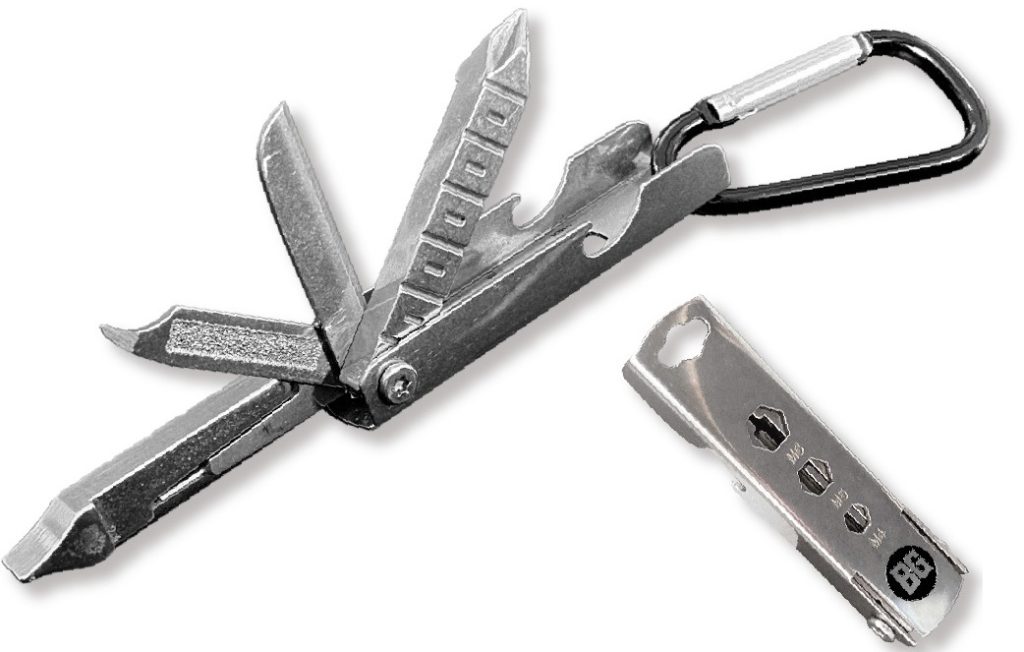
Invalidation petition by Danjaq, LLC
On March 1, 2022, Danjaq, LLC, the holding company responsible for the copyright and trademarks to the characters, elements, and other material related to James Bond on screen, filed a petition for invalidation and argued disputed mark shall be invalid in contravention of Article 4(1)(vii) of the Japan Trademark Law by citing world-famous cinematic heroine “BOND GIRL” in the James Bond film series “007”.
Article 4(1)(vii)
Article 4(1)(vii) of the Trademark Law prohibits any mark likely to cause damage to public order or morality from registration.
In the petition, Danjaq argued “BOND GIRL” has appeared as a love interest of James Bond in the movies for over 55 years since 1962. Due to frequent appearances in magazines, other public media, and various events pertinent to the Japes Bond movie, the name and sign of “BOND GIRL” has been well-known as a cinematic heroine in association with the film series “007”.
If so, it is presumed that the applicant intentionally applied the disputed mark with the aim to monopolize the term. Since the applicant does not have any legal interest with Danjaq, a legitimate owner of trademarks and copyrights pertaining to the 007 movies, it must impermissibly cause not only damage to public order but the disorder in domestic and foreign trade.
JPO decision
The Invalidation Board found, from the produced evidence, the cinematic heroine “Bond girl” has regularly attracted audiences through screens, magazines, and promotional events of the James Bond “007” movie. The sign “BONG GIRL” had further extensive marketing and licensing to companies in vastly different product categories, not only with products associated with motion pictures, e.g. nails, cosmetics, dolls, cards, calendars, and others. Relevant consumers at the sight of the disputed mark would conceive nothing but the cinematic heroine in the film. The Board, therefore, considered that “BOND GIRL” has become worldly famous as a cinematic heroine that appeared in the “007” film series.
The Board continued in analyzing efforts made by Danjaq to enhance the commercial value of “BOND GIRL” by means of trademark registrations in various jurisdictions and licensing to different product categories.
The Board paid attention that the applicant has referred to the James Bond films and the cinematic heroin “Bond girl” in advertisements to promote the BG multi-tools.
Based on the foregoing, the Board found it is impermissible for the applicant, unrelated to Danjaq, to monopolize the term on goods in question and decided to retroactively invalidate the disputed mark in contravention of Article 4(1)(vii) for the purpose of preventing damage to public order.

